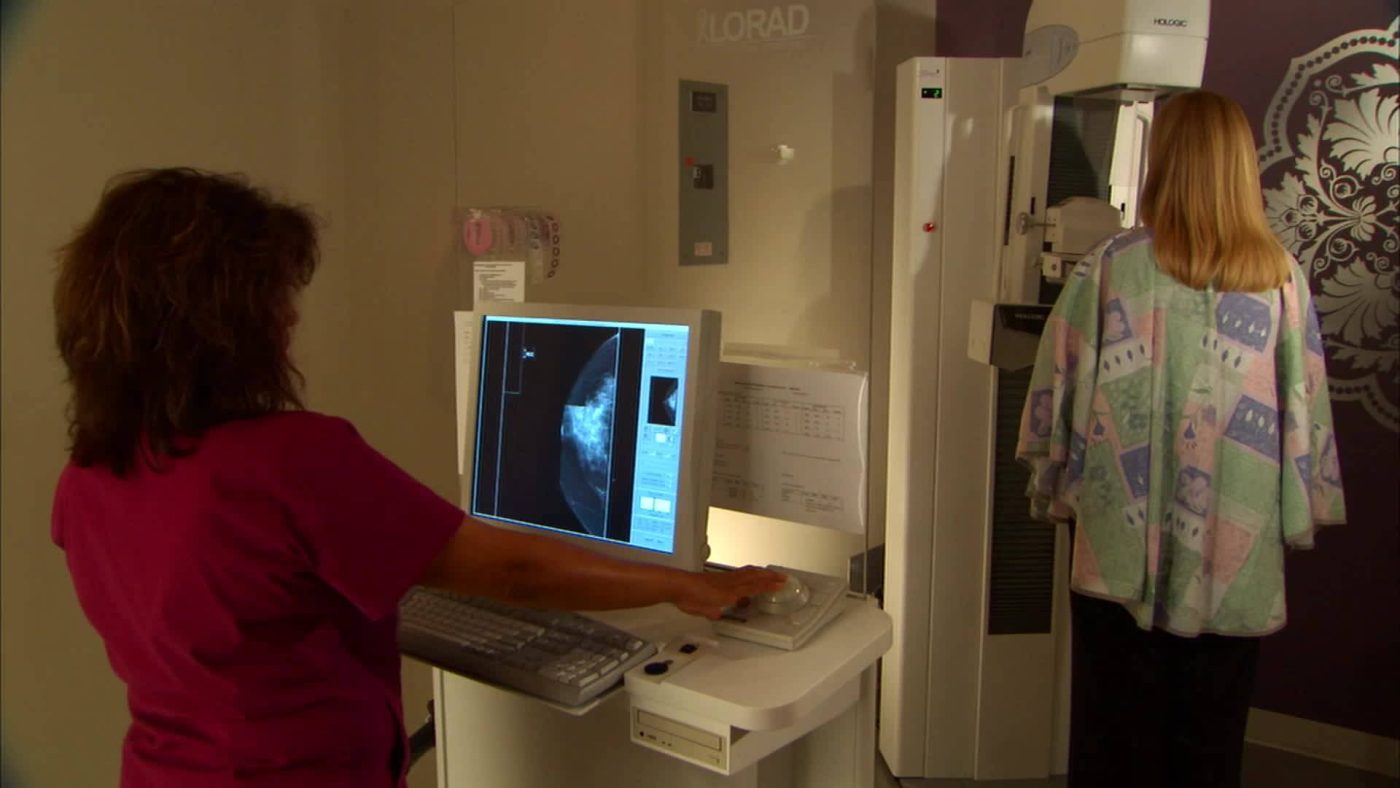World News
The Importance of Regular Breast Cancer Screenings: Early Detection Saves Lives
Understanding the Critical Role of Early Detection
Breast cancer is a leading cause of mortality among women worldwide, but early detection through regular screenings can significantly increase survival rates. Screenings, including mammograms, are essential for identifying cancer in its early stages, often before symptoms appear. Regular testing is especially important for women over the age of 40 or those with a family history of breast cancer. By catching the disease early, the chance of successful treatment is vastly improved, underscoring the life-saving potential of routine screenings.

Types of Breast Cancer Screenings and Their Benefits
There are several types of screenings available, with mammograms being the most common and effective. Mammograms use X-ray technology to detect abnormalities in breast tissue. Other methods include clinical breast exams and breast MRIs, particularly for women at higher risk. Regular screenings can detect tumors that are too small to be felt, allowing for early intervention. This is crucial because early-stage breast cancer is much easier to treat, with a higher likelihood of successful recovery and less aggressive treatments required.
The VA’s Commitment to Veterans’ Health: Accessible Screenings
The Department of Veterans Affairs (VA) is dedicated to providing accessible breast cancer screenings for veterans. Through initiatives like their “Pink Out” campaign, the VA encourages veterans to schedule regular mammograms, offering specialized services to female veterans. The VA’s screening programs are designed to be convenient and available at various facilities, ensuring that all eligible veterans have access to these critical services. By emphasizing the importance of screenings, the VA is playing a key role in preventing advanced-stage breast cancer among veterans.

Addressing Common Misconceptions About Breast Cancer Screenings
There are several misconceptions that prevent women from getting regular screenings. Some believe that if they have no family history of breast cancer, they are not at risk, or that screenings are unnecessary if they are healthy. However, breast cancer can affect anyone, regardless of family history or current health status. Another common myth is that mammograms are too painful or expose individuals to harmful levels of radiation. In reality, modern mammograms use minimal radiation, and the discomfort is typically brief, making regular screenings a vital, safe health measure.
Taking Charge of Your Health: Encouraging Regular Screenings
Regular breast cancer screenings are one of the most effective ways to reduce the risk of dying from the disease. Women should work with their healthcare providers to create a personalized screening schedule, based on age, risk factors, and medical history. By committing to routine check-ups, women can catch potential issues early and take steps to ensure their long-term health. Public awareness campaigns, such as those promoted by the VA, are crucial in educating the public about the importance of regular screenings and encouraging proactive health management.
From Ecomhao

